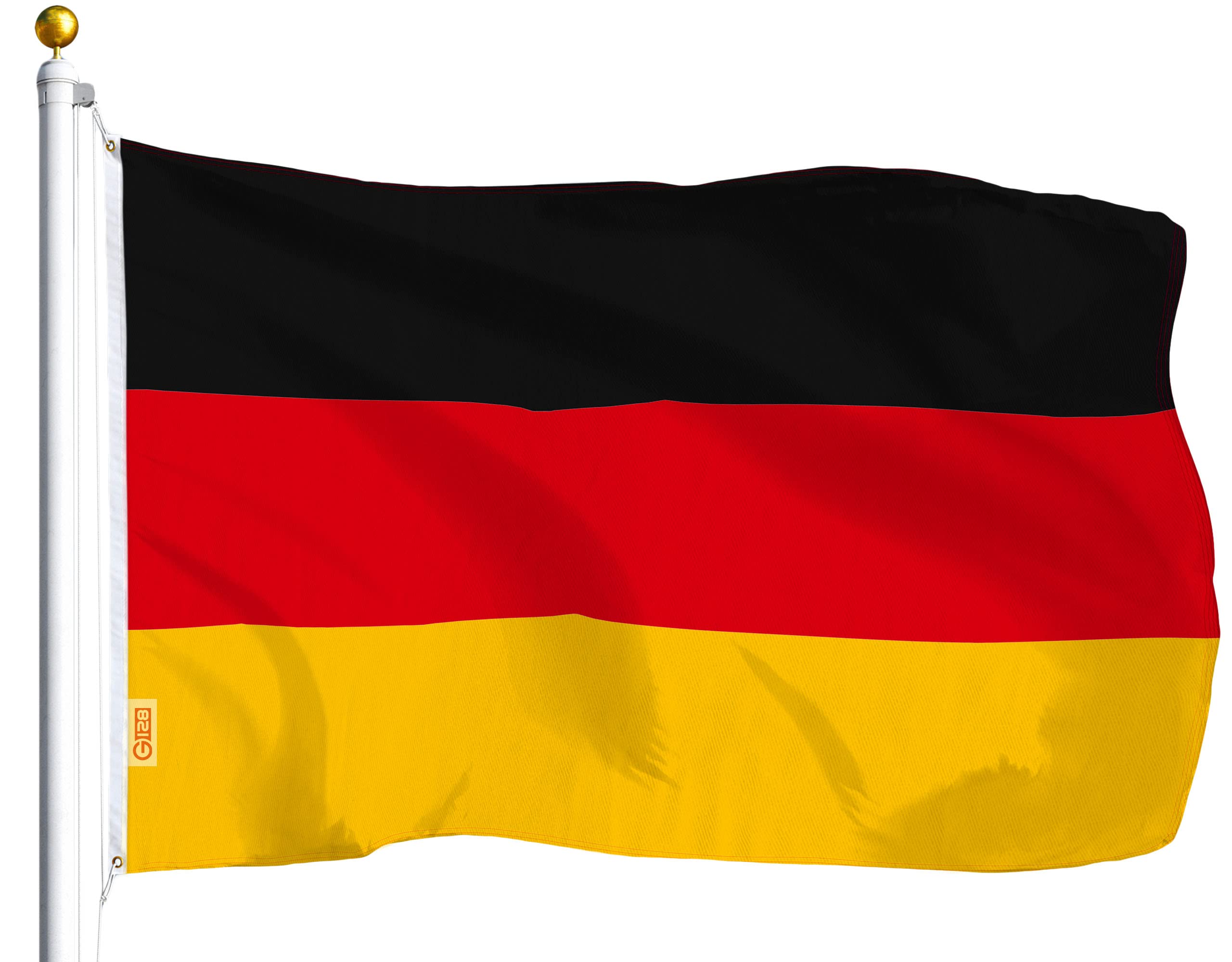
Study in Germany: A World-Class Education Destination
Germany is one of the most popular destinations for international students, offering world-class education, cutting-edge research opportunities, and a rich cultural experience — all at a relatively low cost. With over 400 recognized universities and more than 20,000 study programs, Germany provides a diverse range of options for students across all fields.
Why Study in Germany?
Types of Institutions:
Life in Germany for Students:
Conditions for Bringing Dependents on a Student Visa:
Timeline & Process:
Work Rights for International Students in Germany
Work Rights for Dependents (Spouse & Childrens)
Spouse can work full-time or part-time, but only if:
Berlin
Euro (€)
German
Yes
September & March
Yes
Key Requirements:
General Requirements:
For Bachelor’s Degree Applicants - Required Documents:
The Feststellungsprüfung (FSP) is the final exam taken after completing a Studienkolleg (a preparatory course). It tests whether an international student is academically and linguistically ready to begin undergraduate studies at a German university.
Students from India, Pakistani, Bangladesh, Nepal, China and Some African countries must take the FSP if the student secondary education (like India’s 12th grade) is not recognized as equivalent to the German Abitur.
Note: Students must pass the German language test (minimum B2–C1 level) as part of the FSP entrance exam.
Alternatives to Studienkolleg/FSP:
The FSP includes both written and oral exams in subjects based on the course stream (T, M, W, G, or S-course):
| Stream | Focus Area | Subjects |
|---|---|---|
| T-course | Technical | Math, Physics, Chemistry, German |
| M-course | Medical | Biology, Chemistry, Physics, German |
| W-course | Business/Economics | Math, Economics, German |
| G-course | Humanities | History, German, Literature |
| S-course | Language | Language proficiency and related subjects |
---------------------------------------------------------------------------------------------------------------------------------------
✅ What is the Purpose of TestAS?
✅ Who Needs to Take TestAS?
✅ Structure of the TestAS:
✅ Test Format:
✅ Language:
✅ Is TestAS Compulsory for Indian Students?
✅ Registration & Fees:
---------------------------------------------------------------------------------------------------------------------------------
For Master’s Degree Applicants - Required Documents:
Most bachelor’s programs at public universities are taught in German.
Required German Proficiency:
TestDaF: Level 4 in all sections
DSH: Level 2 or 3
Goethe-Zertifikat B2/C1
telc Deutsch B2/C1
Prep Option:
If you don’t meet the language level, you can join a Studienkolleg (foundation year) and improve your German.
Some universities offer English-taught bachelor's programs (mainly in applied sciences).
Required English Proficiency:
IELTS: 6.0–6.5
TOEFL iBT: 80+
PTE Academic: 50–60
IELTS: Minimum 6.5 (some accept 6.0)
TOEFL iBT: 80–90
Medium of Instruction letter (MOI): May be accepted by some universities if your bachelor’s was in English
TestDaF, DSH, Goethe B2/C1, or telc C1 Hochschule required.
Less common for international master's students unless fluent in German.

Saudi Arabia